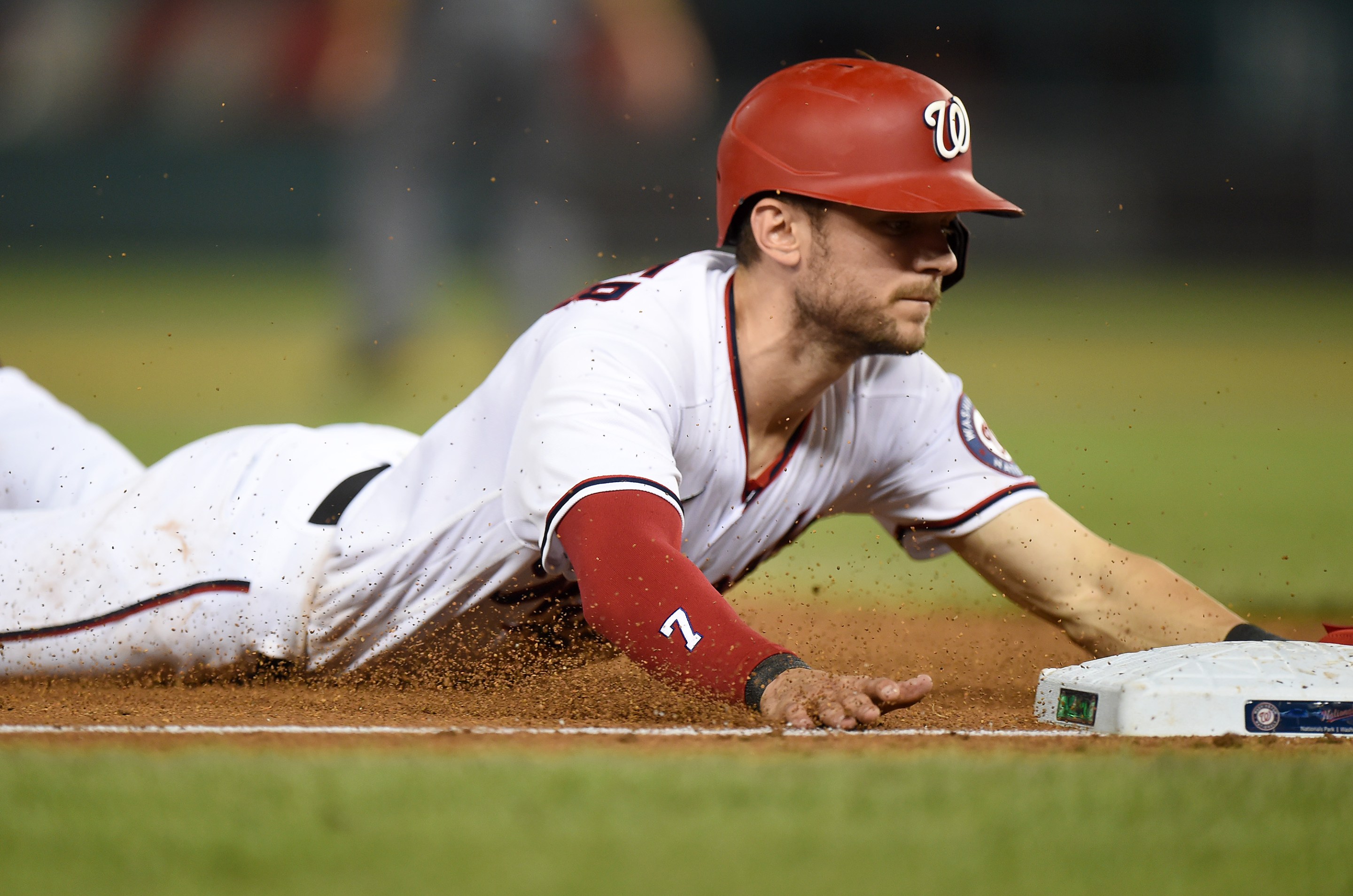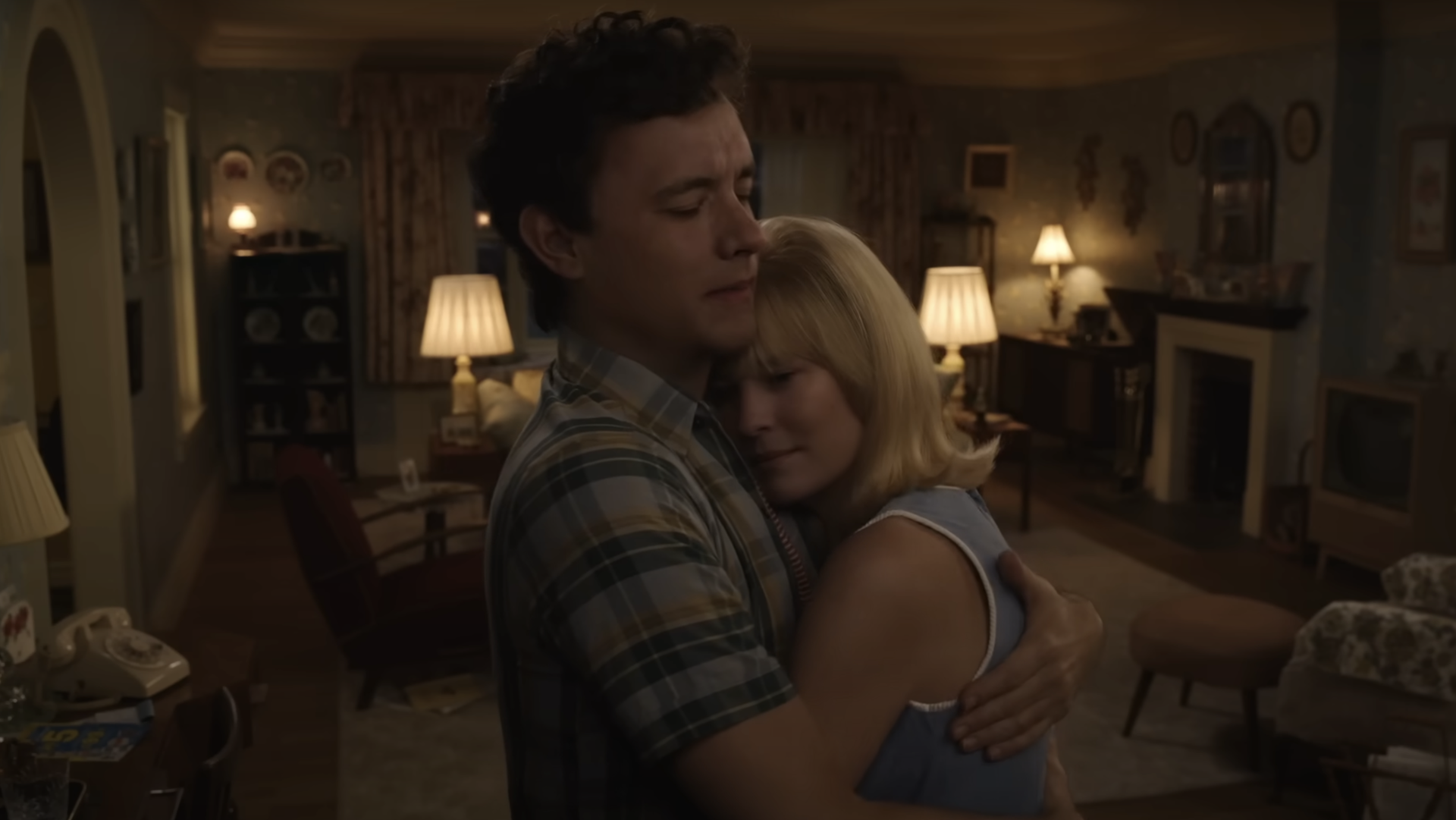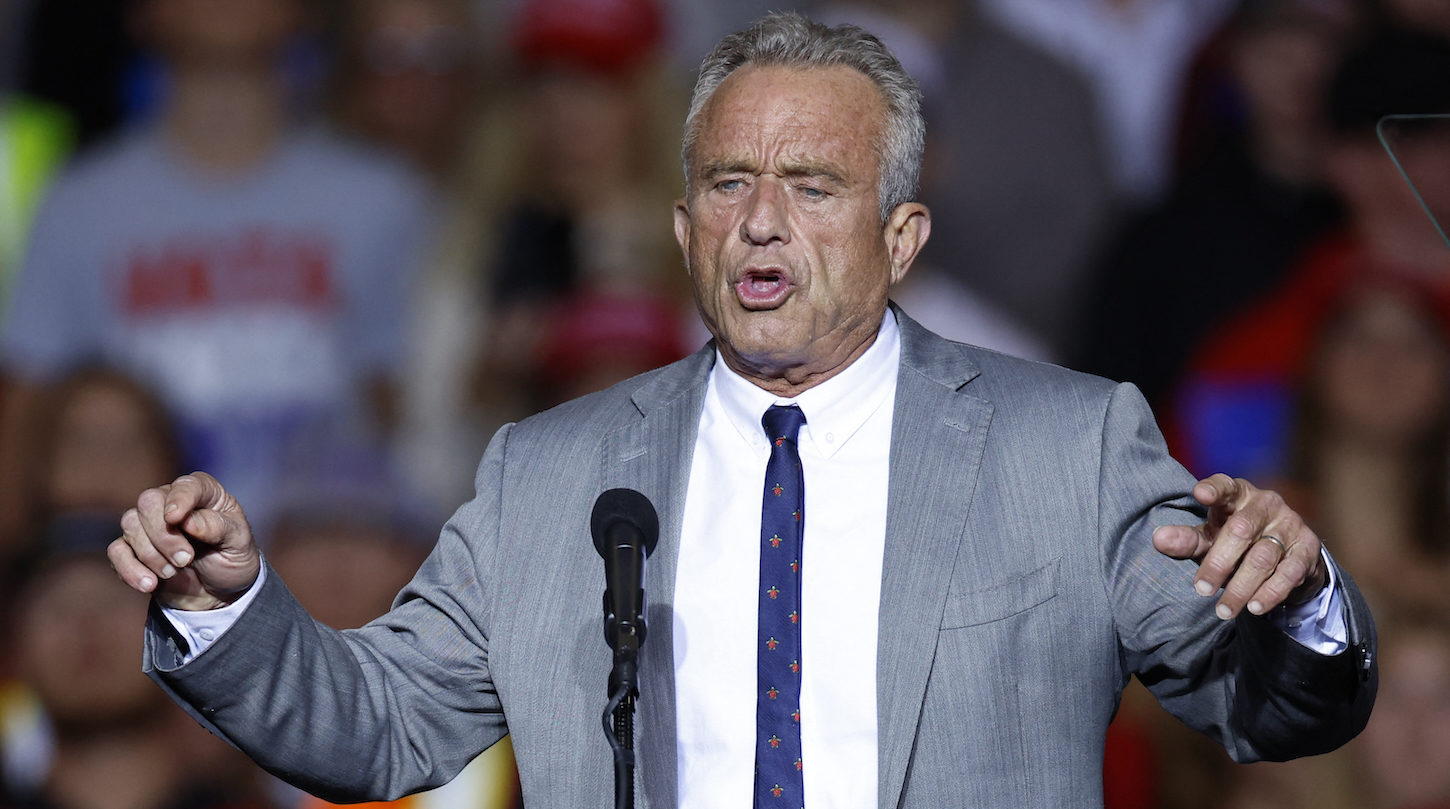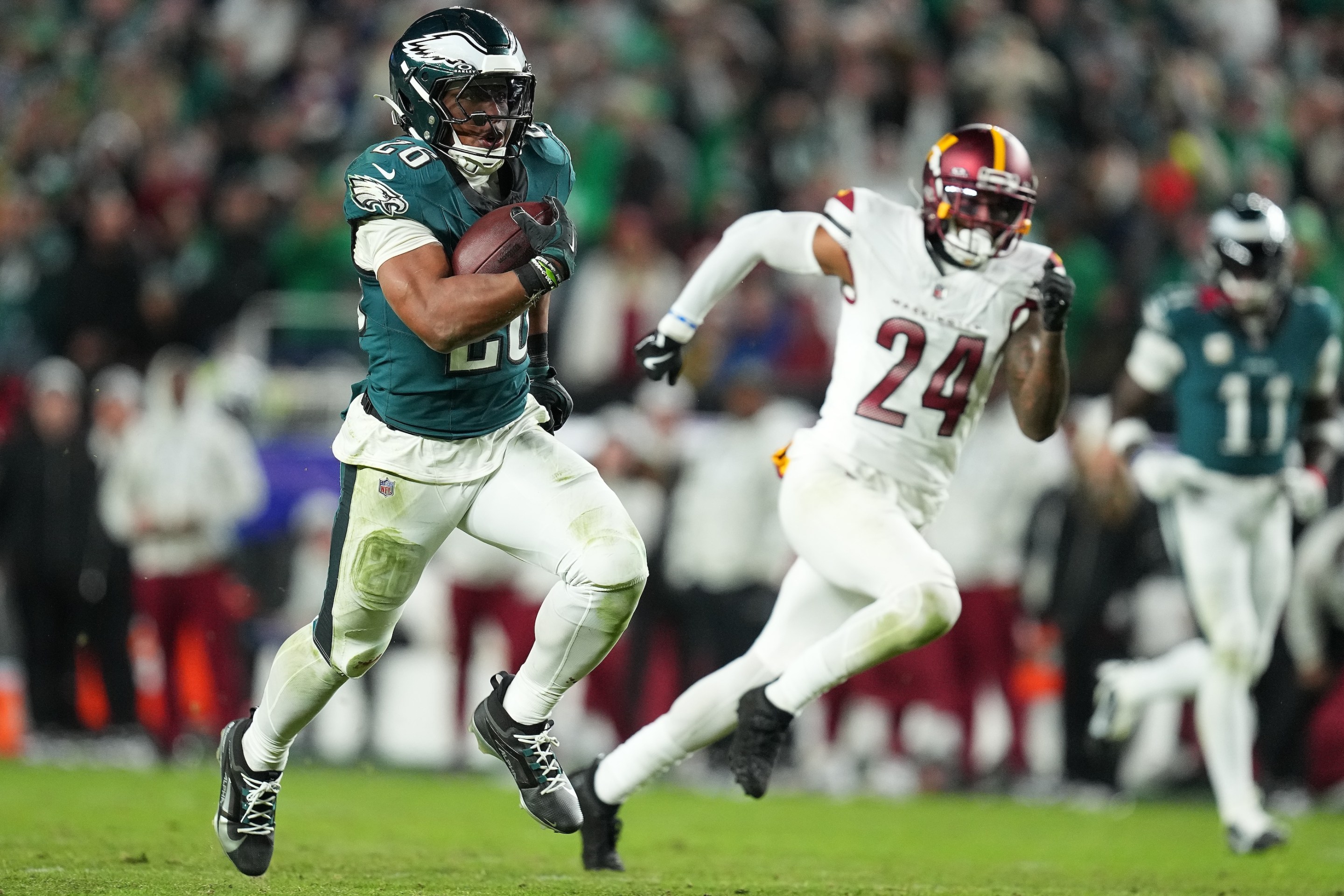Its initiation was not exactly surprising, but the fire sale that the Nationals are currently conducting is still a little bit shocking in its particulars. Given the team's recent results (26-34 last season, 47-55 so far this season), trades were expected. But the Nationals made a lot of trades.
General manager Mike Rizzo started wheeling and dealing last night, and once he started he just didn't stop. Gone are Max Scherzer and Trea Turner (sent to the Dodgers for prospects), Brad Hand (sent to the Jays for a prospect), Kyle Schwarber (sent to the Red Sox for a prospect), and Daniel Hudson (sent to the Padres for some guys). It appears that the Nats are the first team to trade away three players who made the All-Star Game in the very same season, and they may still have a move or two to make before today's trade deadline passes.
Scherzer and Turner are the headline-making names here, and them being shipped out at the same time makes it hard to pin down what exactly the Nationals' longterm plan is going to be. The reasons to trade Scherzer are obvious: He's 37 years old, in the final year of his contract, and likely going to be looking to sign with a championship contender in the offseason. That's a player that any non-contending team, whether or not they are looking to initiate a long rebuild, would be wise to deal in a moment like this. It's Turner getting moved that raises more questions about where the Nationals are headed. He's young, he plays a premium position, he's very good, and he was under team control for another full season after this one. This isn't exactly the Rays trading away Blake Snell immediately after going to the World Series and while he still had several years left on his contract, but it should be enough to make Nats fans a little nervous that Ted Lerner might be steering the team towards a non-competitive phase.
There are of course all sorts of unknown factors at play here. Maybe the Nationals desperately wanted to keep Turner, but couldn't convince him to sign an extension. Maybe they just don't think he's the kind of player who is worth the big contract he's eventually going to earn in free agency, and would rather spend that money elsewhere. Or maybe Lerner gets queasy every time he remembers how much he still has to pay Patrick Corbin and Stephen Strasburg, and he wants nothing more than to stash the checkbook for a few years. The trouble is that nobody on the outside ever really knows what a front office is thinking in a situation like this one, and the big question that is currently being asked by agitated fans throughout D.C.—Is this a retool or a rebuild?—can't really be answered until we see how the Nationals handle their business this offseason.
Signing Juan Soto to a huge extension would be a good place to start. Making a swoop in free agency for a big-money bat to replace Turner wouldn't hurt, either. Rizzo and the owners haven't been shy about spending money before—that's how Scherzer ended up in Washington in the first place—and if they continue to pursue good players and try to build a winning team as aggressively as they have before, there's a good chance the Nats will be competitive again sooner rather than later. But that would also require them to go in the opposite direction of where baseball has been trending. Every team that is not the Dodgers or the Padres is tired of spending money, and it's never been easier to get away with telling your own fans to eat shit (just ask anyone who roots for the Cubs).
I sincerely hope that Ted Lerner doesn't follow the Ricketts kids down the path of pissy frugality. We're running out of teams that are willing to spend money and be good at the same time, and it would be a shame to see the Nats fall into a long period of irrelevance so quickly after making an electrifying run to the World Series title. Keep the lights on, Ted. You can afford it.





